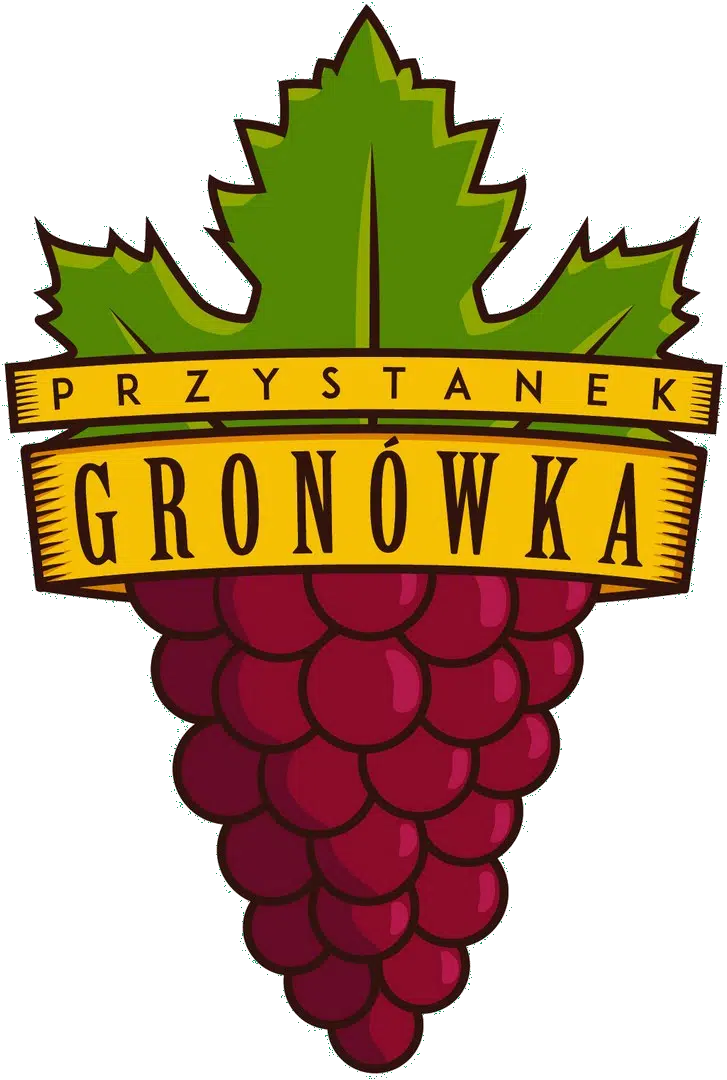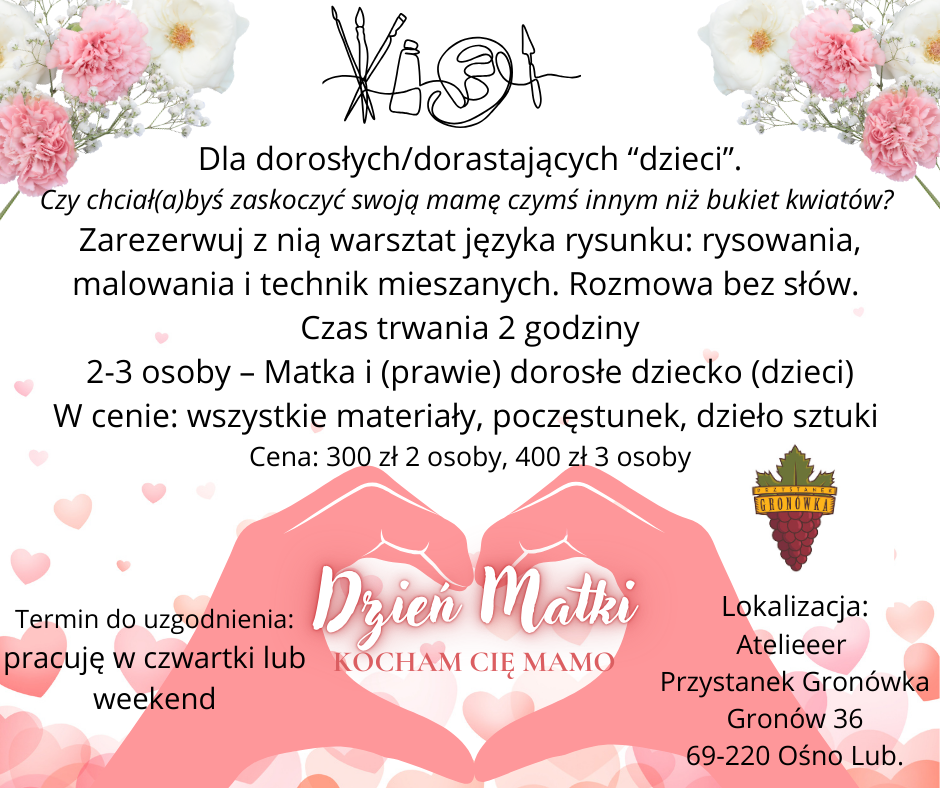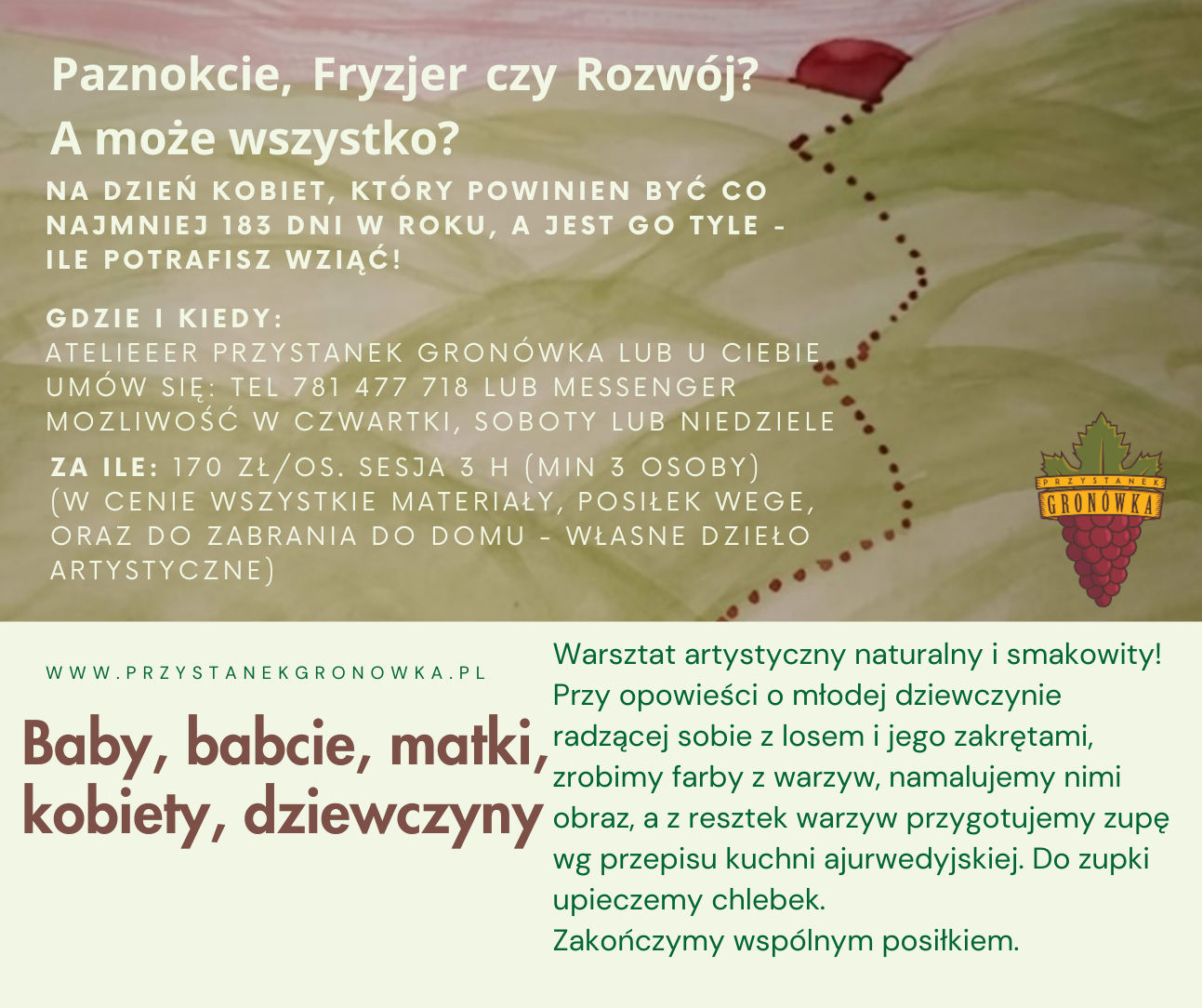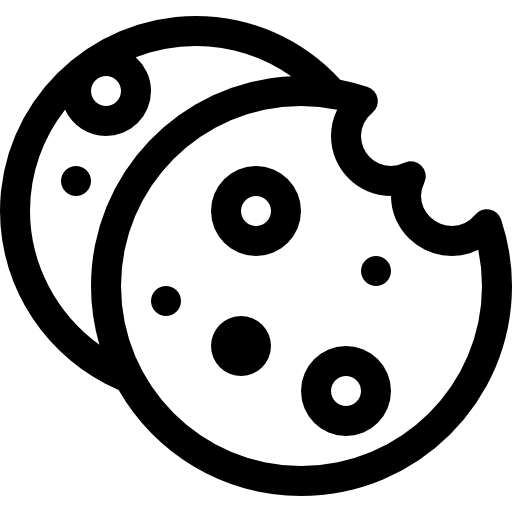Recently, during a shared session of singing and playing Christmas carols for the Feast of the Epiphany, someone told me that I was the new organist—this was because I unexpectedly played my grandfather’s organ (for the first time in my life, quite awkwardly, as it's definitely different from a piano). Of course, I’m not an organist, but at that moment, I was in that role—the role of an organist. And the fact that someone recognized me in that role gave my ego a pleasant boost. After all, I managed to get some sound out of that organ…
But maybe it's worth taking a moment to reflect on the question: who am I really?
I still remember how, as a little girl, I used to ask myself: why am I "me" and not someone else? As a young girl, maybe eight years old, I obviously couldn’t find an answer to the question: Why am I "me"? The question kept coming back, and sometimes I felt like I might go crazy from the weight of it. Then I would quickly shift my thoughts to something else.
40 years later
Now, forty years later, as a grown adult woman, this question still fascinates me immensely. Especially when someone tells me who I am—like the new organist or a coach. I know I'm a bit odd in this regard, as I've noticed that not everyone is interested in this question. And I can't blame others for their lack of interest because finding an answer to the question, "Who am I, really?" is, of course, very difficult.
I still believe that the answer to this question is very elusive. I'm even starting to suspect that I might never be able to define it precisely. Although, of course, I hope I can... and I think it's worth trying...
Instead of "Who am I?" – "Who am I NOT?"
To make it a bit easier for myself, I reversed the question. Instead of searching for the answer to "Who am I?", I changed the question to "Who am I at least NOT?" And indeed, I found many answers there.
For example, I am not my body. My body is an instrument through which I can "experience." Besides that, I am not my emotions. Sometimes it may seem that way, in all their intensity, but it's not true. At least, not in my opinion.
Furthermore, I am not all the roles I play. Partner, mother, child, sister, coach, friend, acquaintance, and so on. I fulfill them, but I am NOT them.
In the end, I am also not my thoughts. The awareness that you are not your thoughts is essential in the process of becoming conscious. After all, once we realize that we are not our thoughts, we can influence them, and that is incredibly liberating. See more Esther and Jerry Hicks “The Law of Attraction.” Then, we can choose what we think.
Ok, for some, this may sound vague. Just a few examples to add more substance. Examples in which I want to show that you are not your body, emotions, or thoughts, but that these are different levels with which you can identify.
Identification with Your Body
Identification with the body is something that young children do. When we ask a little one who they are, they will likely first say their name and then describe what they look like.
I’m Piotruś. I’m 6 years old, I have blonde hair, green eyes, and fairly big feet.
Adults can also identify with their bodies. For example, a person with significant overweight might do this. When we ask this man or woman how they feel, they might shrug, point to their body, and say, "What do you think, how am I" In other words, I hate my body, so I AM terrible.
Identification with Your Emotions
Almost all of us identify with our emotions. Some more than others, but until we realize that we are not our emotions, we will fully agree with this.
For example, we say: I AM angry, I AM sad, I AM happy. Something is off because emotions are temporary. That’s why it’s much more accurate to say: I FEEL angry, I FEEL sad, I FEEL happy.
This is also a great option for people who are afraid of failure. When they find themselves in that terrifying emotion, they fully identify with it. At that moment, they ARE that fear, even though that’s absolutely not the case.
When they realize that fear is not what they are and that this feeling will pass, there is a good chance that the sharp edges will fall away, and the monster called fear will start to crack even before it is defeated.
Identification with Your Roles
Every person plays many roles throughout their life. In each role, they show a different part of themselves. In every role, they "tune in" to what is (unconsciously) expected of them by their surroundings. The role patterns that we were taught.
Some people take their role very seriously and derive their right to exist from it. When that role disappears, they may fall into an identity crisis.
There are, for example, mothers who believe that "being a mother" is who they are. To some extent, this is of course true. Once you become a mother, you can never "not be a mother" again. This is true whether our children still live at home, whether we have contact with them or not, and even regardless of whether our children are (still) alive. The same applies to being a child forever. No matter how old we are and whether our parents are still alive.
But the moment we fully identify with the role of a mother, we may fall into a black hole when our children leave home. Because what if, as a mother, we can no longer be a mother? What will be left of us then?
Now I'm talking about the role of a mother, but this applies to any role. For example, it also applies to a successful entrepreneur with millions in the bank who suddenly went bankrupt. Who is this man or woman without that role?
I'm trying to say that it's important to recognize that we PLAY all the roles and that we are not those roles.
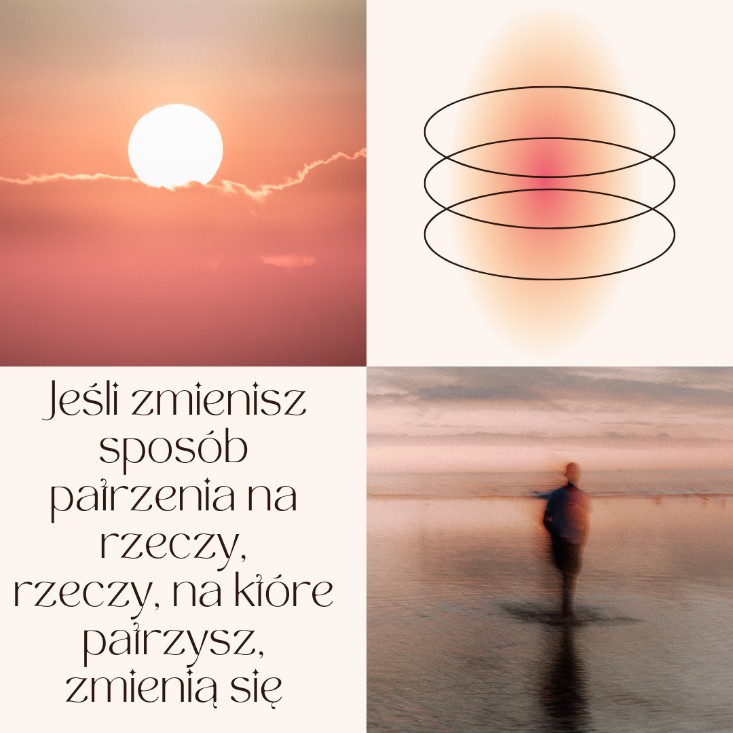
Identification with Your Thoughts
I think there are many people who, when asked if these are their thoughts, would answer affirmatively. And that’s actually madness, because in such a case, we believe everything we think.
We believe in the stories we tell ourselves, with all the consequences (read: feelings) that come with it. Guilt, shame, anger, frustration, and the eternal whip we use when we think we've done something wrong. It reminds me of the priest's sermon at the last Mass...
But who actually decides what is good and what is bad? Does good or bad even truly exist? OK, that's a different discussion. Let's get back on topic and see. Below are a few examples that we probably recognize:
- I have to be interested in others, otherwise they won’t like me.
- I panicked again in front of my children, so I’m a bad mother.
- I’m not allowed to rest until all the laundry is put away, folded, and ironed in the closet.
- Once again, I gave my son the wrong football boots. What will the other parents think?
- I forgot that the kids are off school again, I’m so disorganized.
- I really need to lose three kilograms, otherwise they won’t consider me beautiful.
- Oh crap, I forgot my grandmother's birthday, what a pathetic grandson I am.
- I don’t have the courage to say what I really think, I’m a coward.
Well, I could go on, but I think that’s enough. These are all stories we tell ourselves, and unfortunately, we usually believe them. The result: low self-confidence and poor self-esteem.
Ego
If we are not our thoughts, the question remains: who keeps us busy all day telling stories, drawing conclusions, judging, and driving us/ourselves into the ground? Well, my dear friends, that’s your EGO.
The ego doesn’t just tell us negative things. The ego also tells us that we did well or that we’re better than someone else.
A big difference compared to negative messages is that positive messages have a positive impact on our self-image. Negative stories, therefore, have a negative impact on our self-image.
That’s the work of the EGO
To give the ego the recognition it deserves: we need the ego to get things done. To create, move forward, and do all the beautiful things we do in this life.
The ego is made up of our personal stories, fears, desires, emotions, thoughts, and character traits. The ego is socially and psychologically essential, and we develop it from a very young age.
The trick is not to fully identify with your ego as an adult. But more on that another time.
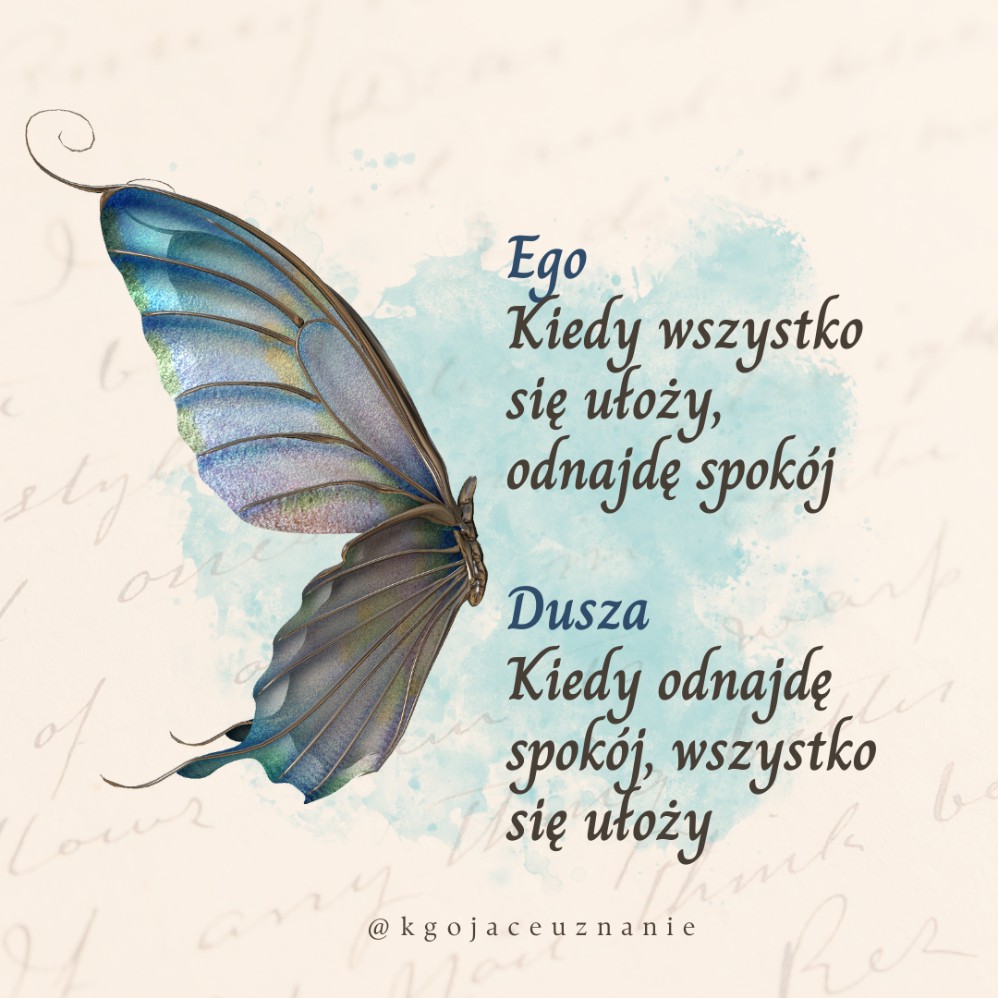
What happens when we wake up?
When you wake up and realize that you are not your ego, you will be able to more often view your ego from a position of observation—recognition. By doing so, we stop identifying with our body, emotions, roles, and thoughts.
From this position of observation, we will be able to see and tell ourselves that we are more than just our body. That we are not our emotions, but we feel them. We might even notice that before these emotions appeared, there was a thought that triggered the emotion (I’m not good enough/beautiful/sweet/smart/patient, etc.).
The Perspective of Recognition
Here’s an example showing how awakening to your own ego works: What if we asked a goldfish if it knows what water is? Most likely, it would look at us with glassy eyes. For this goldfish, water is its living environment, and it knows nothing better than that water exists. It simply IS. The fish in question also wouldn’t be aware that it is "wet." It doesn’t know any state other than "wet."
Only when that same fish comes to the surface of the water, for example, during the cleaning of the aquarium, will it know that there is something other than water. It can immediately take on the position of an observer and, as a result, gain a broader perspective.
When it returns to the water, it will be grateful to be back in its aquarium. Before this experience, it had no idea that it was even in an aquarium with water, and that this water was keeping it alive.
So, from the position of an observer, in a very unpleasant situation or one where we are very tense, we can create more space for ourselves to step back and see that this will pass.
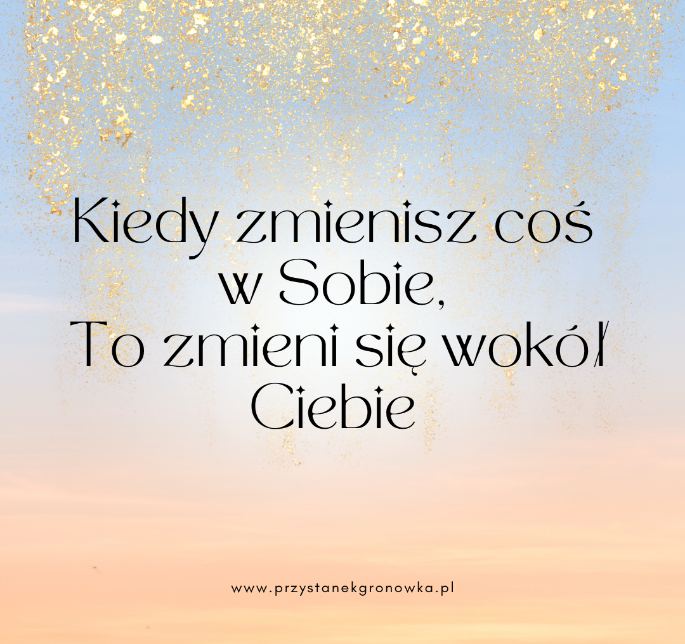
Consciousness – Subconsciousness
This way of perceiving is also called the CONSCIOUSNESS of recognition. CONSCIOUSNESS is something elusive and incomprehensible. And yet, in my opinion, this is ultimately what we are in exchange with the subconscious. At least that’s how I think about it now. It’s getting very philosophical and complicated, so I’ll stop here for now.
My goal in this article is primarily to awaken you to the realization that you are not your thoughts or the role you operate in. Once you realize this, the world will look much brighter and more pleasant.
Do you want to learn more about yourself? Do you also want to find out how you can more often see yourself as an observer and thus influence your negative thoughts and insecurities?
I invite you to the first Women's Circle to awaken consciousness through working with the subconscious by using your hands in drawing and your body in grounding.
I offer a series of 7 meetings, each 2.5 hours long, at Atelieeer Przystanek Gronówka , accompanied by tea and vegetarian snacks, along with a full range of tools for self-discovery through art, each time during the new moon. The energy of the new moon equals new beginnings and is ideal for "sowing." The new moon symbolizes rebirth and transformation. It's a good time to feel what new creations you want to bring into the world and to make plans.
| Proposed dates and times: 5:00 PM - 7:30 PM | Meeting No. | |
| 11.02.2024 | Sunday | 1 |
| 10.03.2024 | Sunday | 2 |
| 07.04.2024 | Sunday | 3 |
| 12.05.2024 | Sunday | 4 |
| 09.06.2024 | Sunday | 5 |
| 07.07.2024 | Sunday | 6 |
| 04.08.2024 | Sunday | 7 |
See you!
